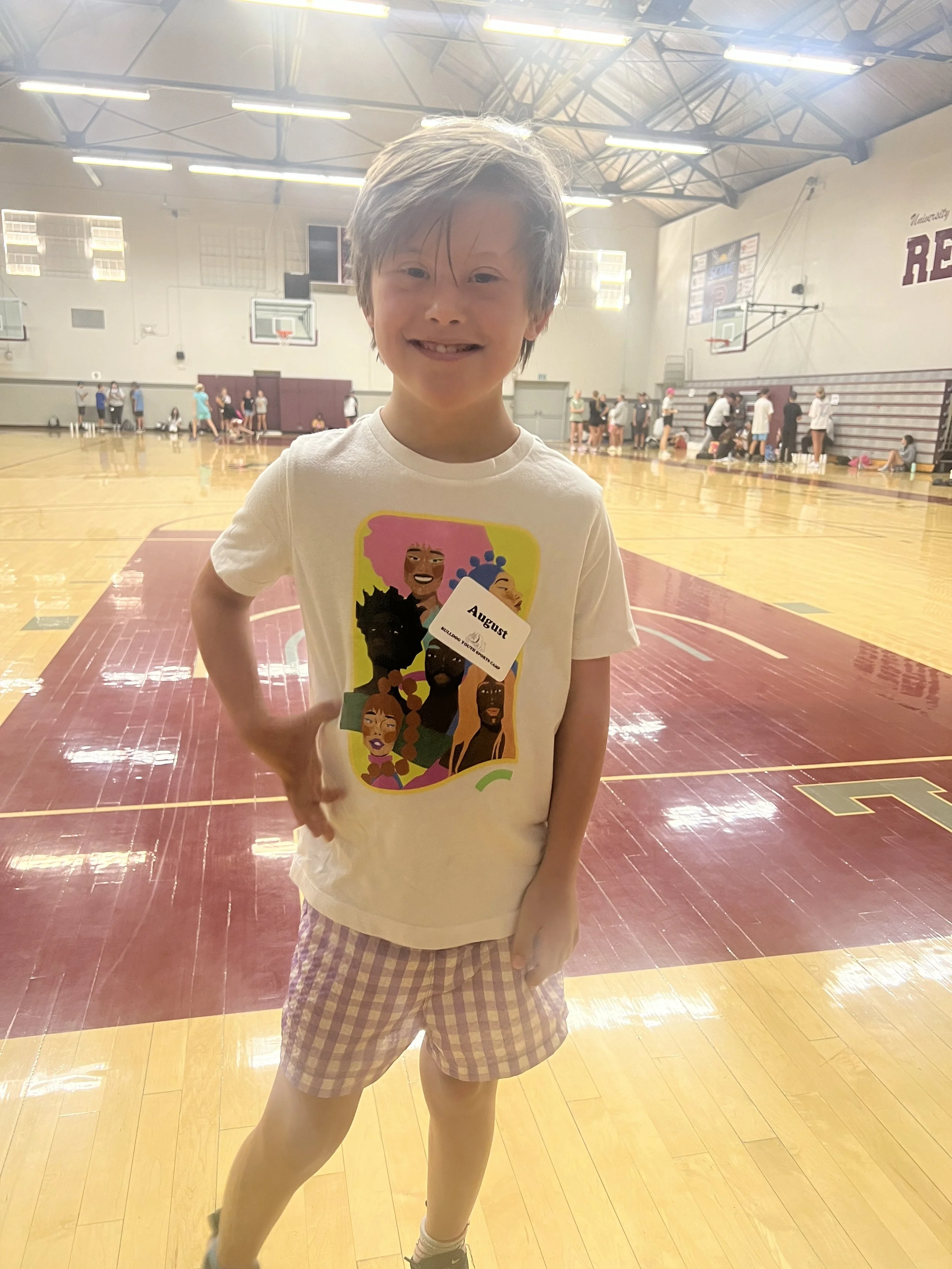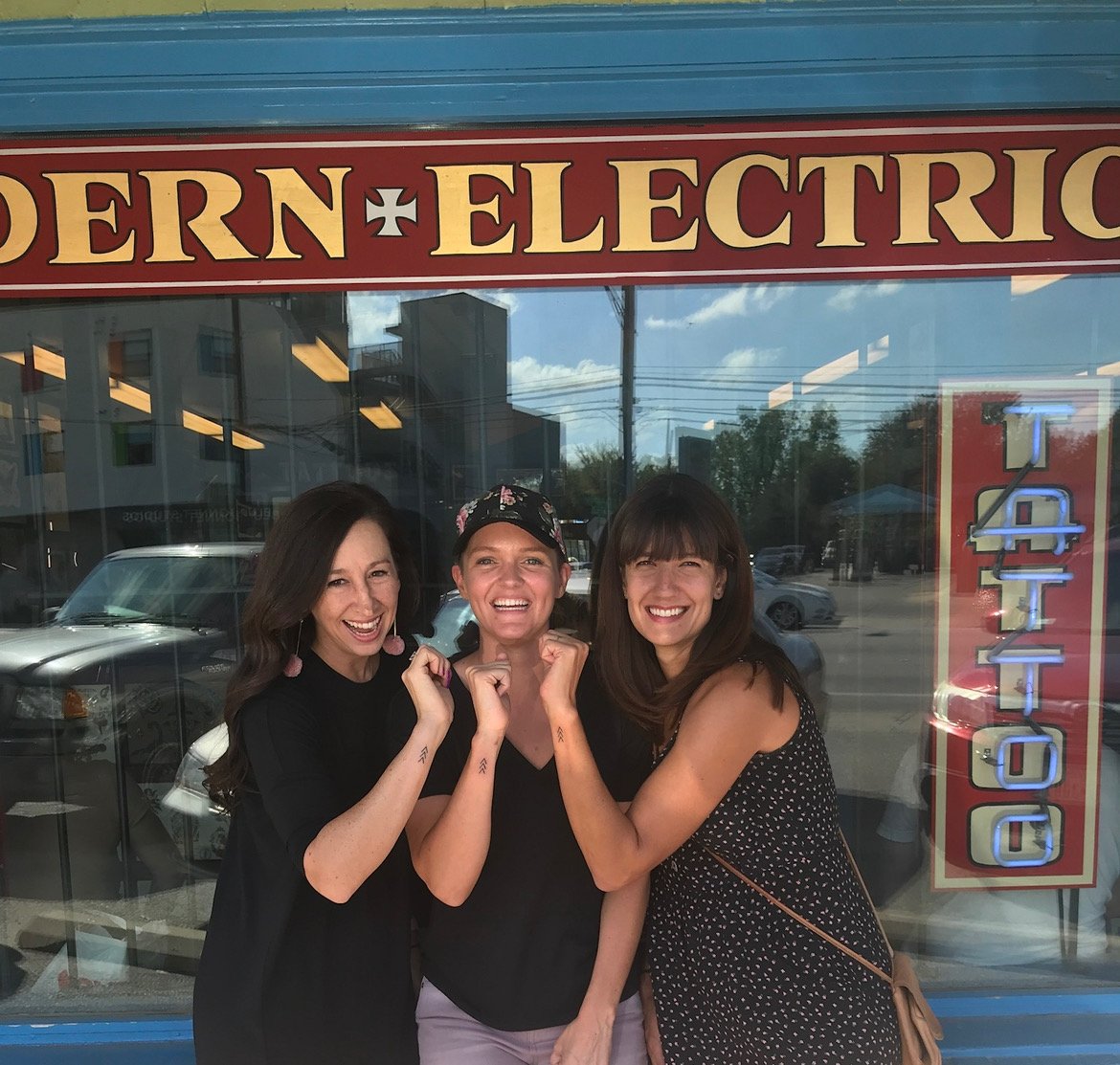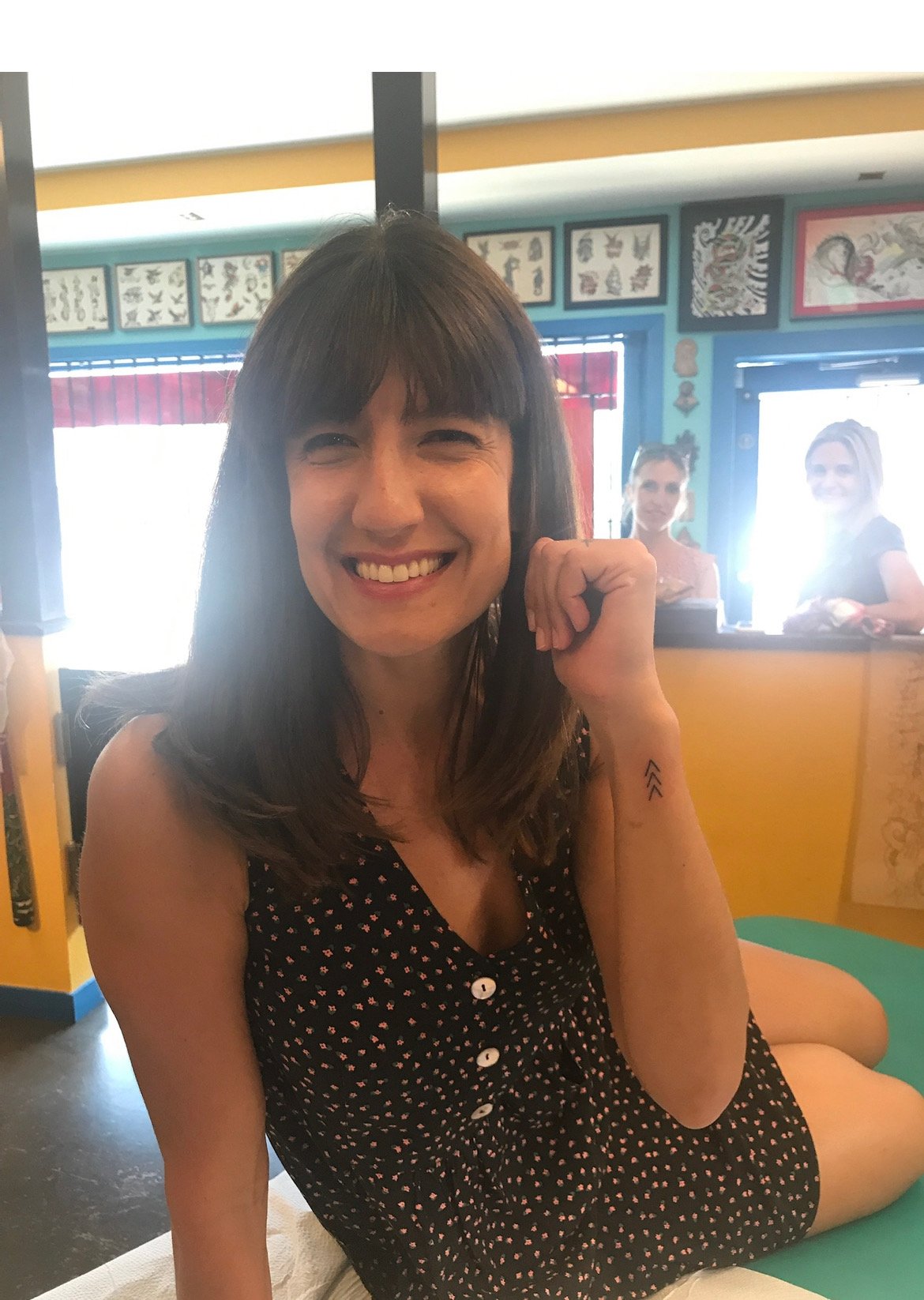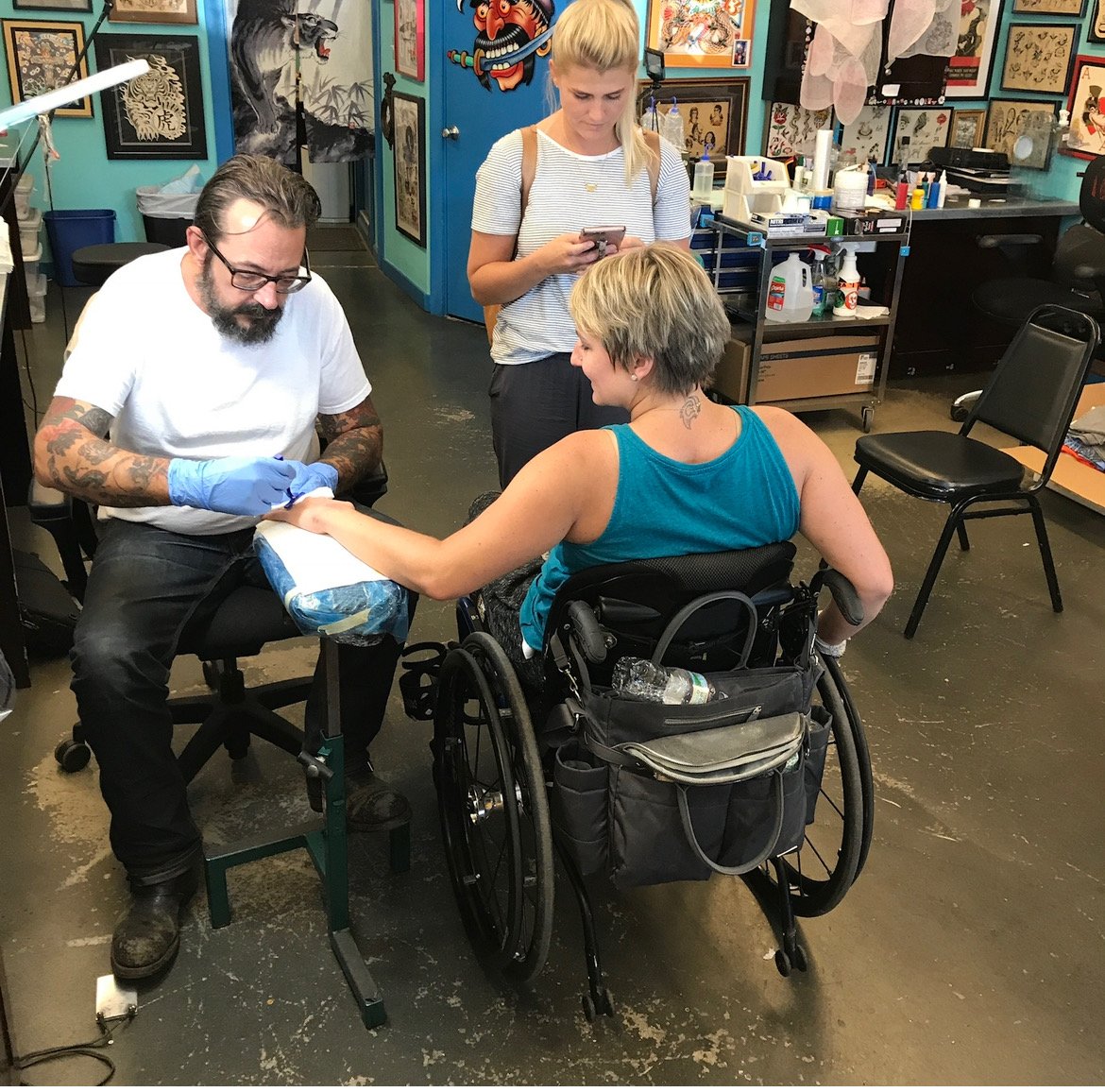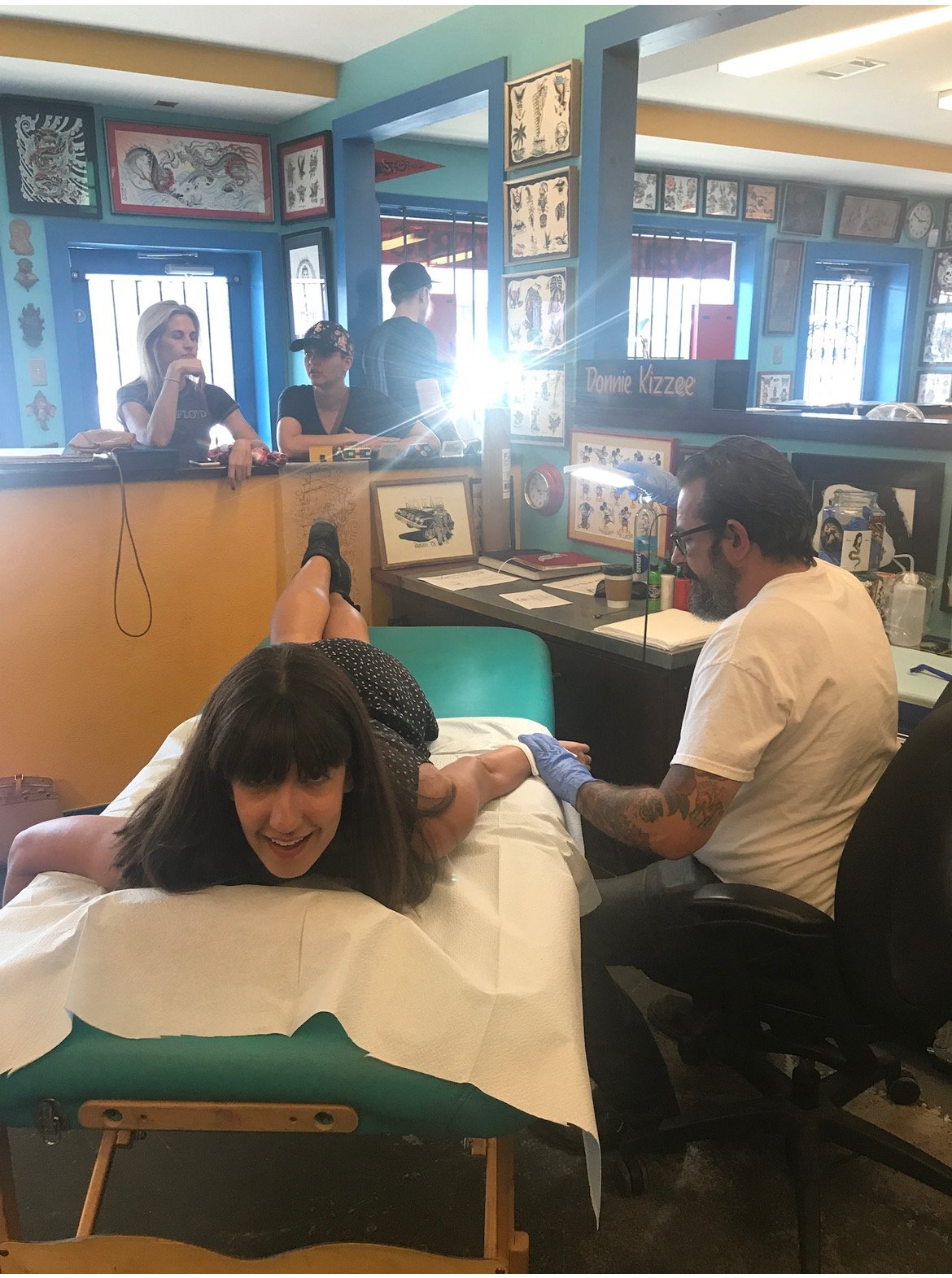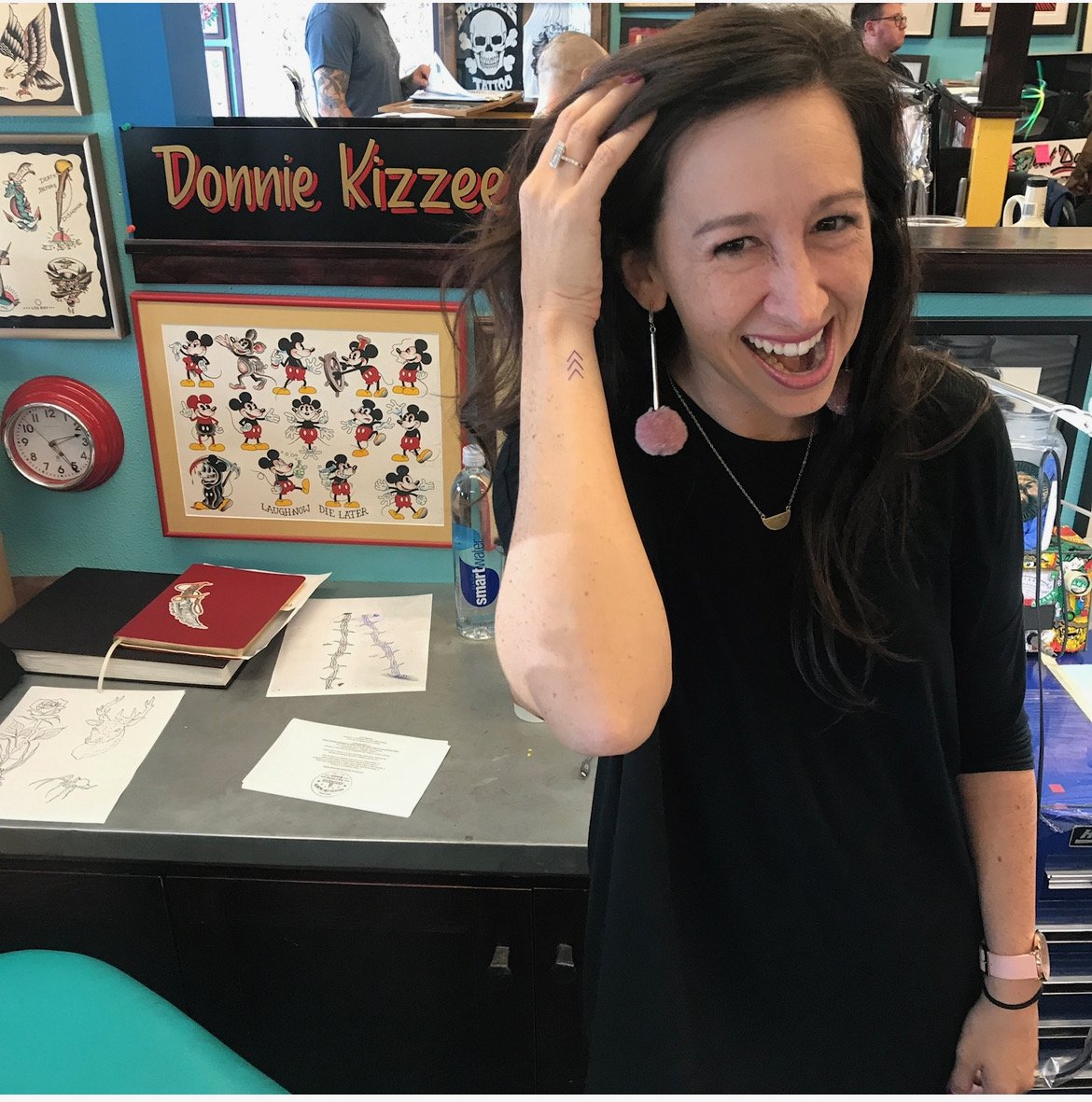If isolation were a color it would be the gray of a California June-gloom sky. Vast and intense. Solid. Heavy. It’s the very gray filling our skies most days leading up to the end of the school year. It’s the gray I find creeping into my mama heart more and more this time of year as Macy gets older.
I find this gray there in my inbox as it expands with announcements and details about end of year parties, banquets, dances and field trips.
Sometimes when I’m not sure who the announcement is for I catch myself holding my breath opening each email. I exhale as I read about an end of year opportunity for my 6th grade, social, exuberant, non-disabled, middle daughter Truly. I fill out the permission slip, hand her some cash and send her on her way smiling ear to ear thinking about the fun she will have. I listen with matched excitement as she recalls the day’s events and how she sat next to Lily and how funny it was when Jacori did that thing. Honestly? Even with all the social drama and trauma that can happen for an adolescent girl, there is an ease to her social life as a non-disabled 12 year old, which tends to leave me baffled.
I watch her connect with friends. Greeting them at the gate and walking into school together. Linking arms and circling up to talk about what middle schoolers talk about. I find myself remembering from my adolescent days, “That’s right! This is how it can be?” Huh! It’s starkly different from her older sister’s social experience. Her older sister who has been at this adolescent friendship thing for a few years longer. Her older sister, Macy, who too is social, and exuberant but who also has a cognitive disability. Down syndrome. A disability she wears on her face and carries in every single cell in her body. A disability which sometimes outside of her control, sometimes not, ushers her into certain social settings and ways of being. A disability which makes her her and adds so much goodness, beauty and excitement to a world where her worth and humanity continues to be questioned.
I’ve watched her this year, an 8th grader, during those early morning school drop offs. She walks past kids greeting each other. She walks past kids linking arms. She walks past kids circling up. Sometimes she continues walking straight to her class. Sometimes she stops in the middle of the sea of students and looks around, talking to herself. Either way she is always alone. Somehow even on the sunniest days the sky is so gray, so heavy.
I want to believe she doesn’t care. I want to believe she is totally fine without friends and a sense of community at school. But she’s a human, and as humans we are created for community and long for belonging. Once she’s home I hear her in her room talking to herself and acting out the interactions she wishes would take place,
“Hi Macy!”
“Oh, hi!”
“Wanna come hang out?”
“Uh, sure.”
“I love your shirt.”
“My shirt? Thank you.”
Sometimes I hear her while I’m sitting on the couch in the living room, looking out at the gloomy gray sky. So vast. So intense.
Sometimes she’ll yell to me while she sits on the vintage quit on her bed in her room, “Mom! I wanna hang out with my friends.” This statement, stated on the daily by teenage girls around the world, hits differently when Macy says it. Like a blow to my gut. I think to myself, What friends? Please just name one! I catch my breath and walk to her room where together we put her name and phone number on a piece of paper she can pass out to her “friends” at school.
No one calls. No one texts.
A month ago I opened an email announcing the end of year 8th grade dance for Macyn to attend. I remembered my end of year 8th grade dance and how I got ready at my friend’s house. How we helped each other zip up the dresses we had gone shopping for together. How after the dance we all piled into my friend’s mom’s SUV. Linking arms, laughing and exclaiming, “can you believe…?” as we rode together for our final destination, a sleepover.
Knowing that Macy can’t name one friend at school, I hope there are other 8th graders in the segregated special education Life Skills class. I hit “reply” to the email and asked her teacher if any other students from her Life Skills class would be going to the dance.
Please dear Jesus let there be one more kid going to this dance.
I knew if there wasn’t that Macy would have to go alone. Her school friendship story lacked the viral appeal of, well, inspiring feel good stories of good friends at school going to dances with a student with Down syndrome.
The other day my parents came over, “Macy, will you show us your dress for the dance?”
“Oh, sure.” Macy beams.
“Are you going with some friends?” My dad's question, although completely reasonable, brings me to tears.
“I don’t know!” Macy’s reply to my dad has a bite to it. In her own ways she communicates her loneliness. I make teary eye contact with my dad and shake my head.
Meanwhile I see so many friends raising their kids with Down syndrome surrounded by friends, with Down syndrome and not, convinced my daughter with Down syndrome is the only one entering the summer months without a person from her school to call her on her phone. This friendship thing has only gotten harder as Macyn’s gotten older.
I can’t help but believe I’m the problem. Can’t help but wonder where I went wrong. How can a kid as rad as Macy transition from 8th grade and make her way to high school without one single school friend? Surely the fact she is going into the summer without a single phone number to call and person from school to hang out with is my fault? Macy is too amazing to take any of the blame.
I sit in my kitchen crying, the conversations with my husband familiar ones, sending me down a hopeless, gray, spiral:
“Maybe we should never have moved to this town.”
“Was inclusion in middle school a huge mistake? We should have just kept her with her disabled peers!”
“Was sending her to the Life Skills class a huge mistake? How can she make friends in a separate, segregated class? We should have fought harder for her inclusion.”
“Should we have signed her up for more extracurricular activities?”
“Should I have been more assertive with the other parents with students in the Life Skills class and made more of an effort to create friendships there?”
“Would it have been better if I signed up for the PTA?”
“What if Covid never happened?”
“What if Makinzie never moved?”
“What if we worked harder on ‘social appropriateness’ for Macyn?”
“What if she didn’t drool and wasn’t such a mess eater? We should be doing more oral motor and speech!”
“What if we gave her an iPhone sooner and spent more time with her on learning how to use it.”
“We need to create more social stories for her.”
My husband wraps his arms around me while I weep. “I don’t know babe,” he says. It doesn’t take much for the intense, vastness of the gray to swallow me whole.
The teacher replied to my email: one other 8th grade student from Macy’s Life Skills class will be going to the dance.
Exhale!
I reach out to his parents in hopes for them to meet outside the theater before the dance so our kids can take some pictures and go in together. This visual along with the fact that I know Macy will not stop dancing for the entire three hours of the dance is a salve to my broken mama heart.
Still, the dance will end and the summer will begin. The gray of a Southern California June-gloom sky will fade as the desert heat creeps in and takes over. I wonder if I will feel even more alone in its absence, staring at my daughter’s phone which never seems to ring. Tearing up each time she watches her sister run out the door, “she’s going to hang out with friends?” she’ll ask.
“She is.” I’ll say as I lean over and kiss her on the head. And we’ll sit there together, alone.









